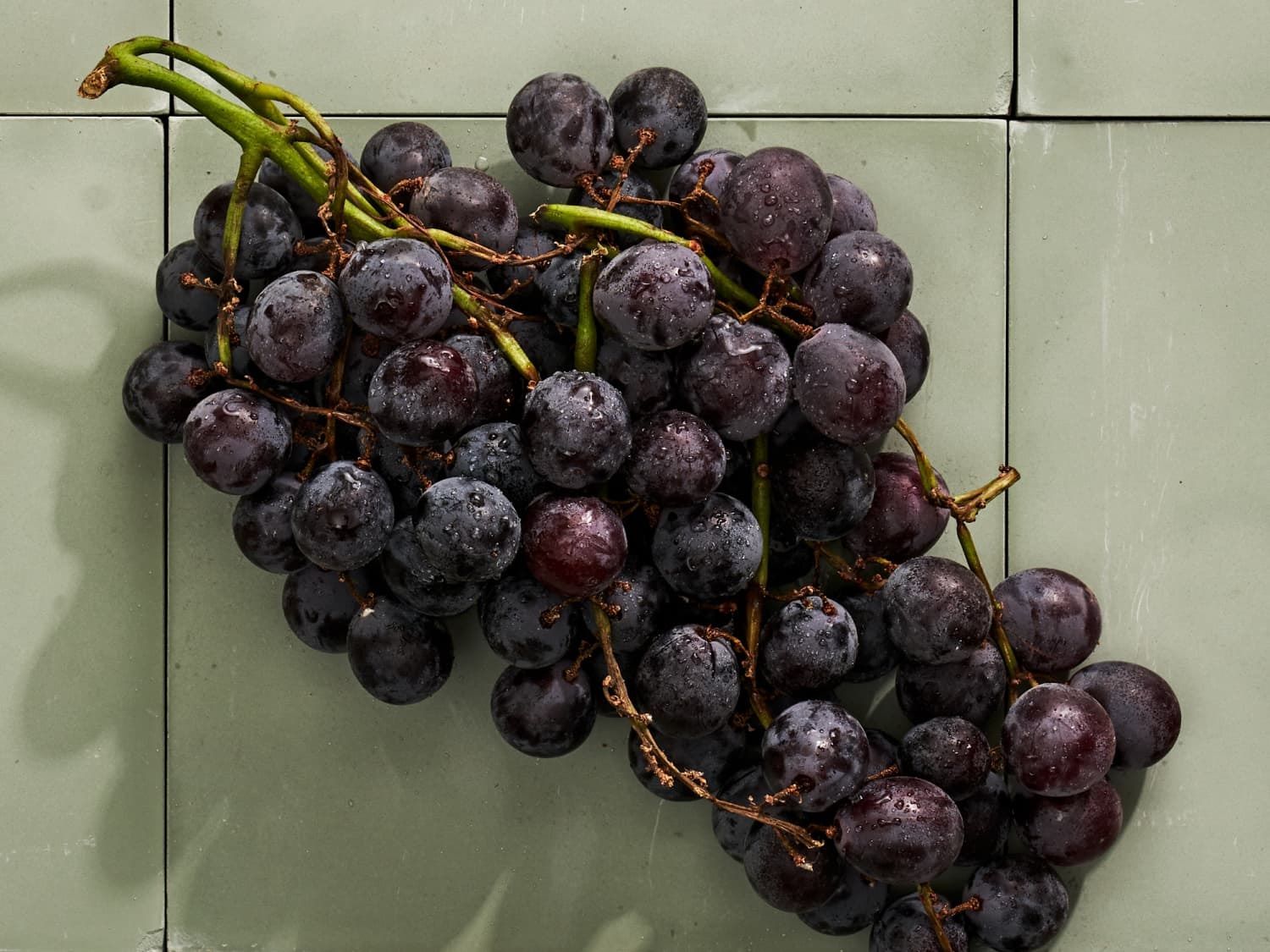

Articles
How To Store Grapes To Keep Them Fresh
Modified: January 6, 2024
Learn the best techniques for storing grapes to keep them fresh for longer! Read our informative articles on proper grape storage methods and tips.
(Many of the links in this article redirect to a specific reviewed product. Your purchase of these products through affiliate links helps to generate commission for Storables.com, at no extra cost. Learn more)
Introduction
Grapes are a popular and versatile fruit enjoyed by people all over the world. Whether eaten as a snack, used in salads or desserts, or transformed into wine, grapes offer a delightful burst of flavor and a host of health benefits. However, to fully enjoy the freshness and taste of grapes, proper storage is essential.
Improper storage can lead to premature spoilage, loss of flavor, and a decrease in nutritional value. Therefore, learning how to store grapes correctly will not only extend their shelf life but also ensure that you can enjoy their delectable sweetness for an extended period.
In this article, we will explore the best ways to store grapes and keep them fresh for as long as possible. Whether you have a bunch of freshly picked grapes from your garden or have bought them from a grocery store, following the right storage techniques will help you maintain their optimal quality.
So, let’s dive in and learn how to store grapes effectively to preserve their freshness and deliciousness!
Key Takeaways:
- Proper storage of grapes is crucial for maintaining their freshness, flavor, and nutritional value. By choosing high-quality grapes, preparing them correctly, and creating optimal storage conditions, you can extend their shelf life and enjoy their sweetness for an extended period.
- Freezing grapes is an excellent way to preserve them for a longer period, providing a versatile and delicious option for snacking and culinary uses. By following proper storage techniques and implementing effective tips, you can maximize the shelf life of grapes and reduce unnecessary waste.
Read more: How To Store Bagels To Keep Them Fresh
Why is Proper Storage Important?
Proper storage is crucial for maintaining the quality and freshness of grapes. Here are some reasons why it is important:
- Prolongs Shelf Life: Grapes are perishable fruits and can spoil quickly if stored incorrectly. Proper storage techniques help to extend their shelf life, allowing you to enjoy them for a longer period.
- Preserves Flavor and Textur: Grapes have a delicate balance of flavors, sweetness, and acidity that can easily be compromised if not stored properly. The right storage conditions help to preserve their taste and texture, ensuring a delicious eating experience.
- Retains Nutritional Value: Grapes are packed with essential nutrients, including vitamins, minerals, and antioxidants. By storing them correctly, you can ensure that their nutritional value is preserved, allowing you to reap the health benefits.
- Saves Money: Properly stored grapes last longer, reducing the risk of them going to waste. This can save you money by minimizing the need to frequently buy fresh grapes.
- Minimizes Food Waste: Food waste is a significant issue globally. By knowing how to store grapes properly, you can contribute to reducing food waste by preventing them from spoiling prematurely.
By understanding the importance of proper storage, you can maximize the lifespan of your grapes and enjoy their optimal flavor and freshness.
Choosing the Right Grapes for Storage
When it comes to storing grapes, selecting the right ones is the first step towards ensuring their long-lasting freshness. Here are some tips for choosing the right grapes for storage:
- Look for Firmness: Opt for grapes that are firm to the touch. Avoid grapes that are too soft or mushy, as they may already be past their prime and will not last long in storage.
- Check for Plumpness: Plump grapes indicate freshness and juiciness. Look for grapes that have a good size and are evenly plump and full.
- Inspect the Color: The color of the grapes can indicate their ripeness. Choose grapes with vibrant, rich color. Green grapes should have a yellowish tinge, while red and purple grapes should have a deep, intense color.
- Consider the Stem: Check the condition of the stem. Ideally, it should be green, flexible, and firmly attached to the grapes. Avoid grapes with dry, brown stems, as this may indicate age or deterioration.
- Smell the Aroma: Gently sniff the grapes to check for a fruity aroma. Avoid grapes with a sour or moldy smell, as this could be an indication of spoilage.
By carefully selecting fresh and high-quality grapes, you can set a solid foundation for successful storage and enjoy their delicious taste for an extended period.
Preparing Grapes for Storage
Before storing grapes, it is important to prepare them properly to ensure optimal freshness and longevity. Here are some steps to follow when preparing grapes for storage:
- Sort and Remove Damaged Grapes: Inspect the bunch of grapes and remove any damaged, bruised, or moldy grapes. These can spoil other grapes if left with them.
- Gently Wash the Grapes: Rinse the grapes under cool running water to remove any dirt, debris, or pesticide residues. Be gentle while washing to avoid damaging the delicate skin of the grapes.
- Pat Dry: After washing, gently pat the grapes dry with a clean kitchen towel or paper towel. Excess moisture can lead to faster spoilage, so it’s important to remove any water droplets.
- Remove Grape Stems: While some prefer to keep the stems intact, it is advisable to remove them before storage. The stems can harbor moisture, which can lead to mold growth and spoilage.
- Divide into Portions: If you have a large quantity of grapes, consider dividing them into smaller portions for storage. This will make it easier to access the desired quantity without exposing the entire batch to air and potentially accelerating spoilage.
By properly preparing grapes before storage, you can ensure that they remain fresh and in optimal condition for an extended period of time.
Best Storage Conditions for Grapes
To maintain the freshness and quality of grapes, it is important to store them in the right conditions. Here are the best storage conditions for grapes:
- Temperature: Grapes are sensitive to temperature fluctuations. The ideal temperature for storing grapes is between 30 and 32°F (-1 and 0°C), which is slightly above freezing point. Avoid exposing grapes to temperatures below freezing, as it can cause damage to their texture and flavor.
- Humidity: Grapes prefer a moderate level of humidity. The recommended humidity range for grape storage is around 90%. Too much humidity can promote mold growth, while low humidity can cause grapes to dry out. Consider using a humidity-controlled environment or placing a damp paper towel in the storage container to maintain the desired humidity level.
- Air Circulation: Adequate air circulation is essential for grape storage. Avoid overcrowding the grapes, as it can restrict airflow and increase the chances of mold development. Ensure that there is enough space between the grapes to allow for proper ventilation.
- Avoid Direct Sunlight: Grapes are sensitive to sunlight, which can accelerate the ripening process and cause them to deteriorate faster. Store grapes in a cool, dark place, away from direct sunlight or strong artificial light.
- Separate from Ethylene-Producing Fruits: Certain fruits, such as apples, bananas, and kiwis, produce a natural gas called ethylene, which speeds up the ripening process of other fruits. Keep grapes away from these ethylene-producing fruits to prevent them from over-ripening or becoming mushy.
By storing grapes in optimal conditions, you can extend their shelf life and preserve their flavor and freshness for a longer period.
Store grapes in a perforated plastic bag in the refrigerator’s crisper drawer. This will help maintain their moisture and freshness for up to 2 weeks.
Read more: How To Store Sheets To Keep Them Fresh
Storing Grapes in the Refrigerator
The refrigerator is an excellent option for storing grapes, as it provides a controlled environment that helps to maintain their freshness. Here’s how to store grapes in the refrigerator:
- Choose a Proper Container: Place the grapes in a breathable container, such as a perforated plastic bag or a loosely covered container. Avoid using airtight containers, as they can trap moisture and accelerate spoilage.
- Do Not Wash Before Refrigeration: It is best to refrain from washing grapes before refrigeration. Washing them beforehand can introduce excess moisture, which can promote mold growth. Instead, wash them just before consuming.
- Place in the Crisper Drawer: The crisper drawer in the refrigerator is the best spot to store grapes. This compartment helps to maintain a higher level of humidity while still allowing for proper airflow. If your refrigerator has temperature control settings for the crisper drawer, set it to the recommended temperature of 30 to 32°F (-1 to 0°C).
- Keep Away from Strong Odors: Grapes can absorb strong odors from other foods in the refrigerator. To prevent this, store them away from pungent-smelling items like onions or garlic.
- Check and Remove Spoiled Grapes: Periodically inspect the stored grapes for any signs of spoilage. If you notice any moldy or shriveled grapes, remove them immediately to prevent them from affecting the rest of the bunch.
When stored properly in the refrigerator, grapes can stay fresh for up to a week or even longer, depending on their initial quality and ripeness.
Storing Grapes at Room Temperature
While the refrigerator is a common choice for storing grapes, you can also store them at room temperature under certain conditions. Here’s how to store grapes at room temperature:
- Choose a Cool Spot: Find a cool area in your home that is away from direct sunlight, heat sources, and extreme fluctuations in temperature. This can be a pantry, cool basement, or a shaded countertop.
- Place in a Breathable Container: Like when storing in the refrigerator, use a breathable container such as a perforated plastic bag or a loosely covered bowl. This helps to protect the grapes from moisture buildup while still allowing for proper airflow.
- Avoid Washing Before Storage: It’s best not to wash grapes before storing them at room temperature. Washing them can introduce moisture, making them more prone to spoilage. Wait until you’re ready to consume them before giving them a gentle rinse.
- Check for Spoilage: Regularly inspect the grapes for any signs of spoilage, such as mold or shriveling. Remove any damaged or spoiled grapes to prevent them from affecting the others.
- Consume Within a Few Days: Unlike refrigerated grapes, those stored at room temperature have a shorter shelf life. It is recommended to consume them within a few days to ensure optimal freshness and flavor.
Storing grapes at room temperature can be a good option if you plan to consume them relatively quickly. However, keep in mind that the shelf life will be shorter compared to refrigerated storage. It’s important to monitor the grapes regularly and consume them before they show signs of spoilage.
Freezing Grapes for Long-Term Storage
If you have an abundance of grapes or want to extend their storage life even further, freezing them is a great option. Freezing grapes preserves their freshness and allows you to enjoy them for an extended period. Here’s how to freeze grapes for long-term storage:
- Prepare the Grapes: Start by washing the grapes under cool running water and removing any stems. Pat them dry gently with a clean kitchen towel or paper towel.
- Choose the Freezing Method: There are two main methods to freeze grapes – individually freezing or freezing in clusters. Both methods have their benefits, so you can choose the one that suits your preference.
- Individually Freezing: If you prefer to have individual frozen grapes, spread them out on a baking sheet lined with parchment paper. Make sure the grapes are not touching each other to prevent them from sticking together. Place the baking sheet in the freezer and let the grapes freeze solid for a few hours.
- Freezing in Clusters: For a simpler approach, you can freeze the grapes in clusters. Place the cluster of grapes in a freezer-safe bag or container. Press out any excess air and seal the bag/container tightly.
- Label and Date: Don’t forget to label the freezer bag or container with the date of freezing. This will help you keep track of their freshness and ensure you consume them within the recommended time frame.
- Store in the Freezer: Place the frozen grapes in the freezer and store them at a temperature of 0°F (-18°C) or below. Frozen grapes can be safely stored for up to 10-12 months.
- Thawing and Using Frozen Grapes: When you’re ready to enjoy the frozen grapes, you have a few options. You can thaw them in the refrigerator overnight, use them in frozen treats like smoothies and sorbets, or eat them directly as a refreshing frozen snack.
Freezing grapes is a fantastic way to prolong their shelf life and have a supply of sweet, frozen fruit all year round. Whether for snacking or incorporating into recipes, frozen grapes make a versatile and delicious option.
Tips for Extending Grape Shelf Life
While proper storage is essential for extending the shelf life of grapes, there are additional tips and tricks you can employ to keep them fresh for even longer. Here are some effective tips for extending the shelf life of grapes:
- Handle with Care: Grapes are delicate fruits and can easily bruise or become damaged. Handle them gently to avoid causing any unnecessary harm, which can accelerate spoilage.
- Store Unwashed: It’s best to avoid washing grapes before storage, as moisture can lead to faster spoilage. Wait until you’re ready to consume them before giving them a gentle rinse under cool water.
- Store in Small Batches: Instead of storing all your grapes together, consider dividing them into smaller batches. This way, you can consume one batch at a time, reducing exposure to air and minimizing the risk of spoilage.
- Remove Moldy or Damaged Grapes: Regularly check the stored grapes for any signs of mold, shriveling, or damage. Remove any affected grapes promptly to prevent them from spoiling the rest of the bunch.
- Use airtight Containers for Refrigeration: While breathable containers are generally recommended, for longer storage in the refrigerator, you can transfer the grapes to an airtight container to help maintain their freshness and prevent moisture loss.
- Consider Grape Bags: If you frequently consume grapes and want to extend their shelf life, special grape bags with a microperforated design are available. These bags help to regulate humidity and airflow, promoting longer-lasting freshness.
- Keep Away from Ethylene-Producing Fruits: As mentioned earlier, certain fruits produce ethylene, which can cause grapes to ripen and deteriorate faster. Store your grapes away from ethylene-producing fruits like apples, bananas, and kiwis.
- Use Frozen Grapes for Recipes: If you have excess grapes or notice some reaching the end of their shelf life, freeze them instead of allowing them to spoil. Frozen grapes can be used in smoothies, desserts, or as a refreshing snack, reducing waste and increasing their usability.
By following these tips, you can maximize the shelf life of your grapes and reduce unnecessary waste, ensuring that you can enjoy their sweet and juicy goodness for longer periods.
Read more: How To Store Radishes To Keep Them Fresh
Conclusion
Proper storage is essential for maintaining the freshness, flavor, and nutritional value of grapes. By following the right techniques, you can extend their shelf life and enjoy their sweetness for an extended period. Whether you choose to store grapes in the refrigerator, at room temperature, or freeze them, each method has its advantages and considerations.
When storing grapes, it’s important to choose high-quality fruit, prepare them properly, and create the optimal storage conditions. Whether you’re using the refrigerator or room temperature storage, ensure that the grapes are in a breathable container and away from direct sunlight, strong odors, and temperature fluctuations.
Freezing grapes is an excellent way to preserve them for a longer period. By individually freezing them or freezing them in clusters, you can have a supply of frozen grapes for various culinary uses.
Additionally, implementing tips such as gentle handling, regular inspection for spoilage, and keeping grapes separate from ethylene-producing fruits can further extend their shelf life and reduce waste.
Remember, the enjoyment of grapes is not limited to their fresh form. Frozen grapes can be used for smoothies, desserts, or enjoyed as a refreshing frozen treat.
In conclusion, by understanding how to store grapes properly, you can savor their delicious taste, maintain their nutritional value, and minimize unnecessary waste. So, make the most of your grapes by employing these storage techniques and enjoy their delightful flavors and health benefits for an extended period of time.
Frequently Asked Questions about How To Store Grapes To Keep Them Fresh
Was this page helpful?
At Storables.com, we guarantee accurate and reliable information. Our content, validated by Expert Board Contributors, is crafted following stringent Editorial Policies. We're committed to providing you with well-researched, expert-backed insights for all your informational needs.

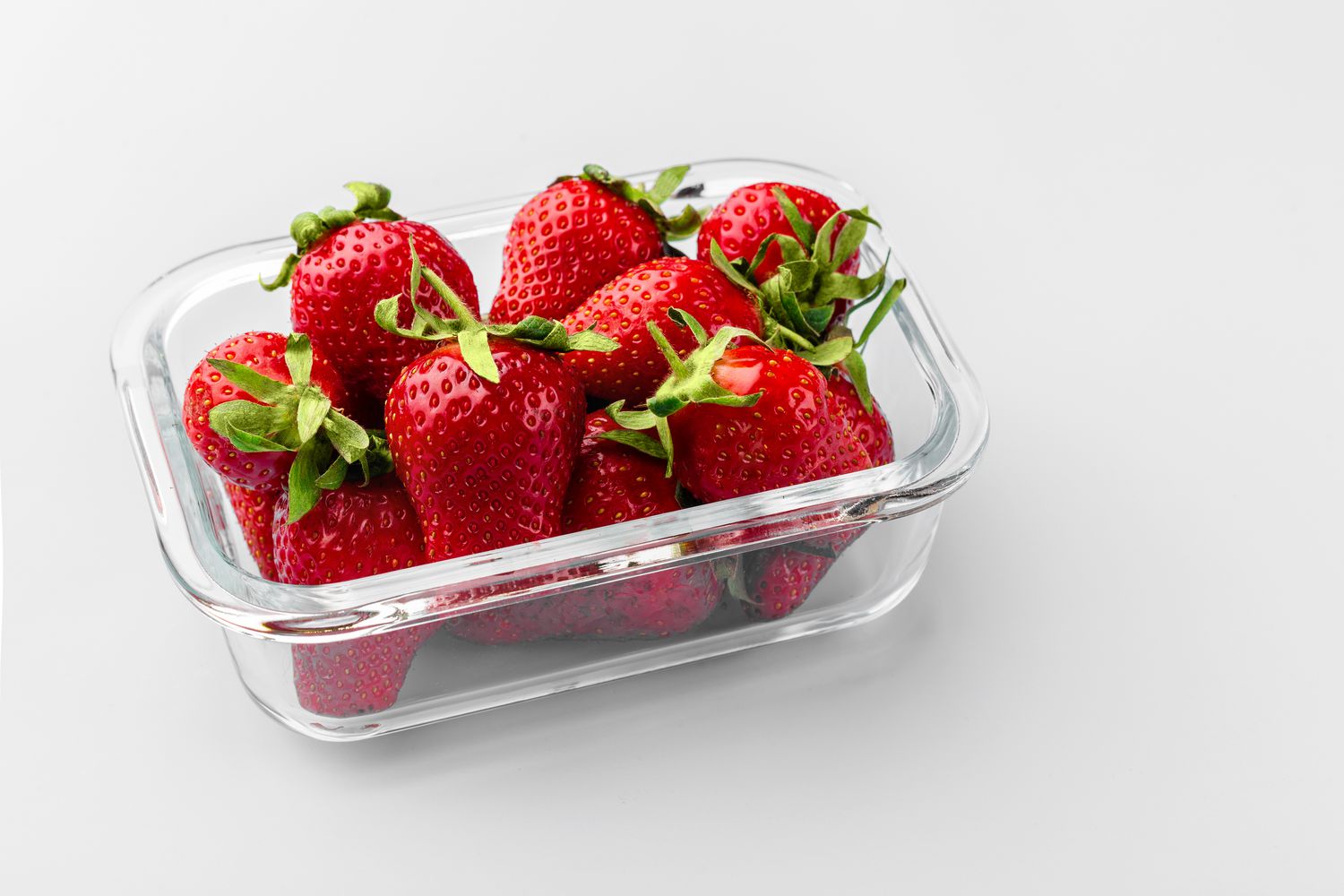
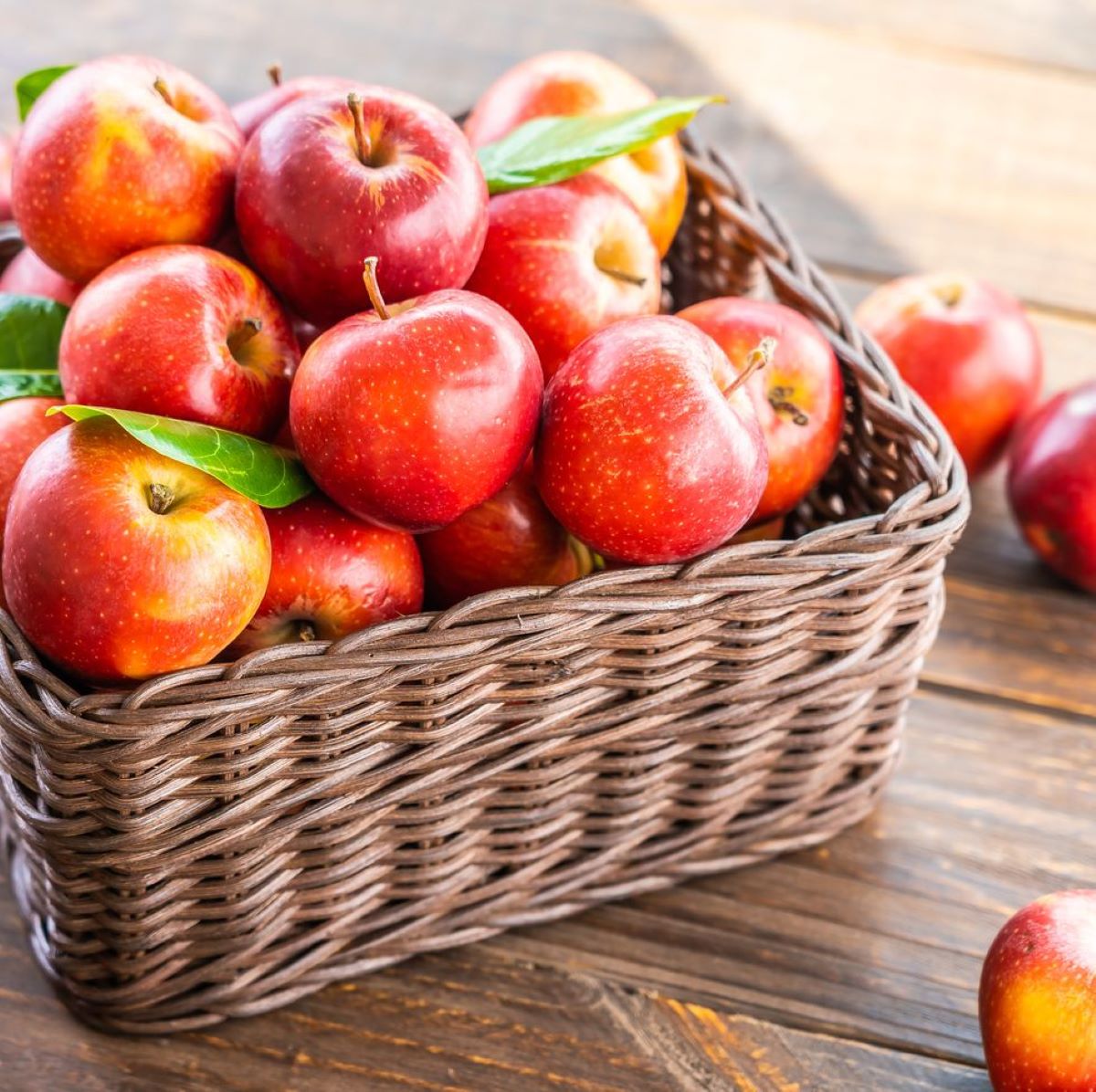

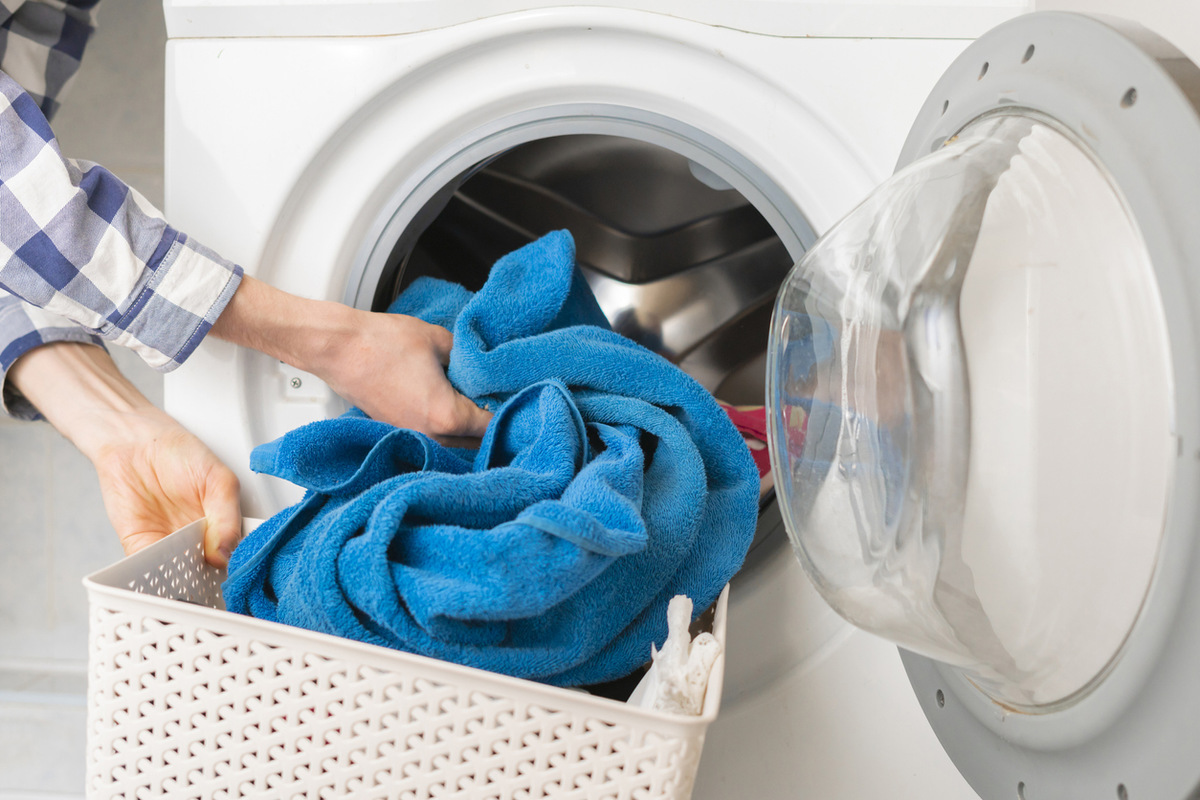
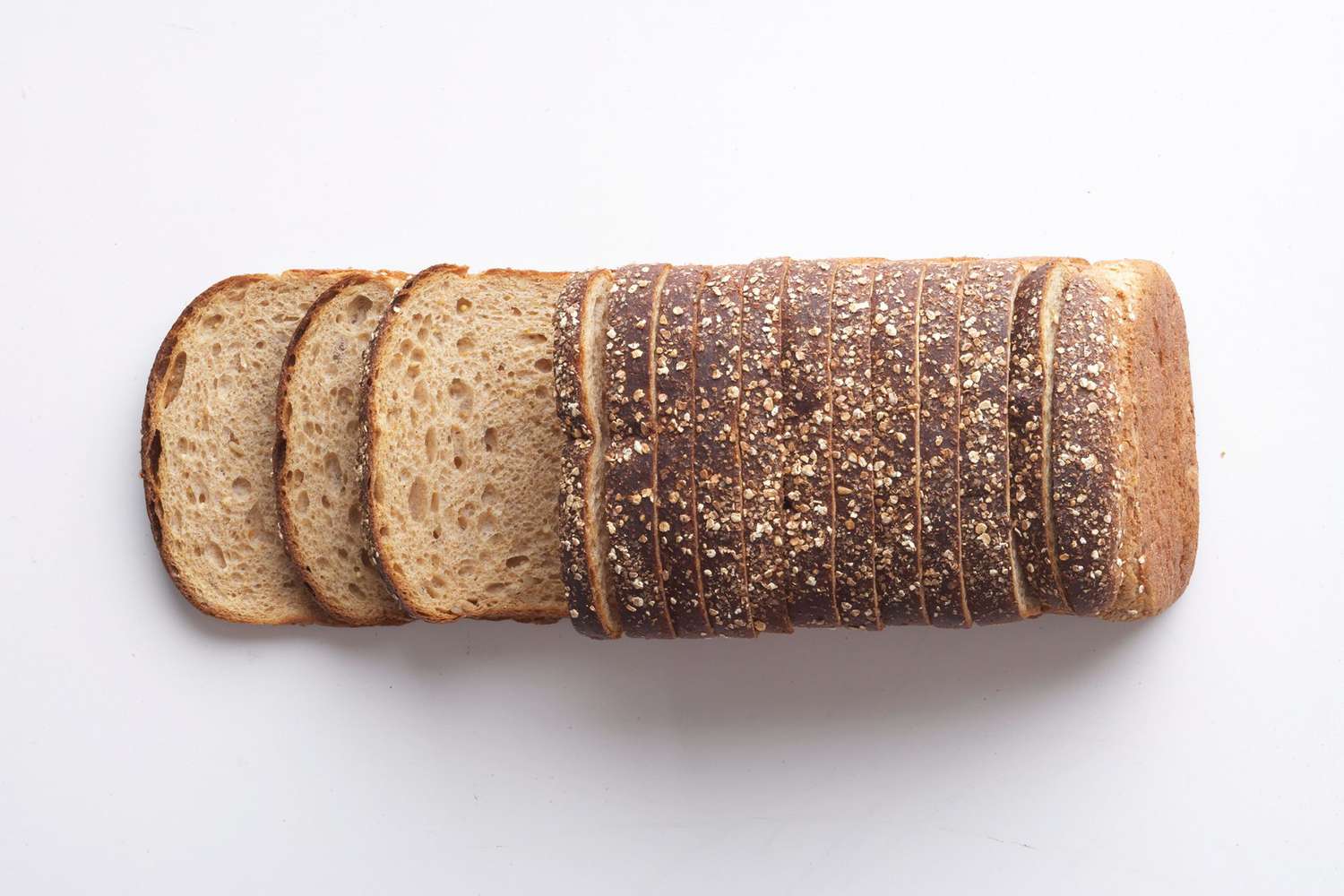


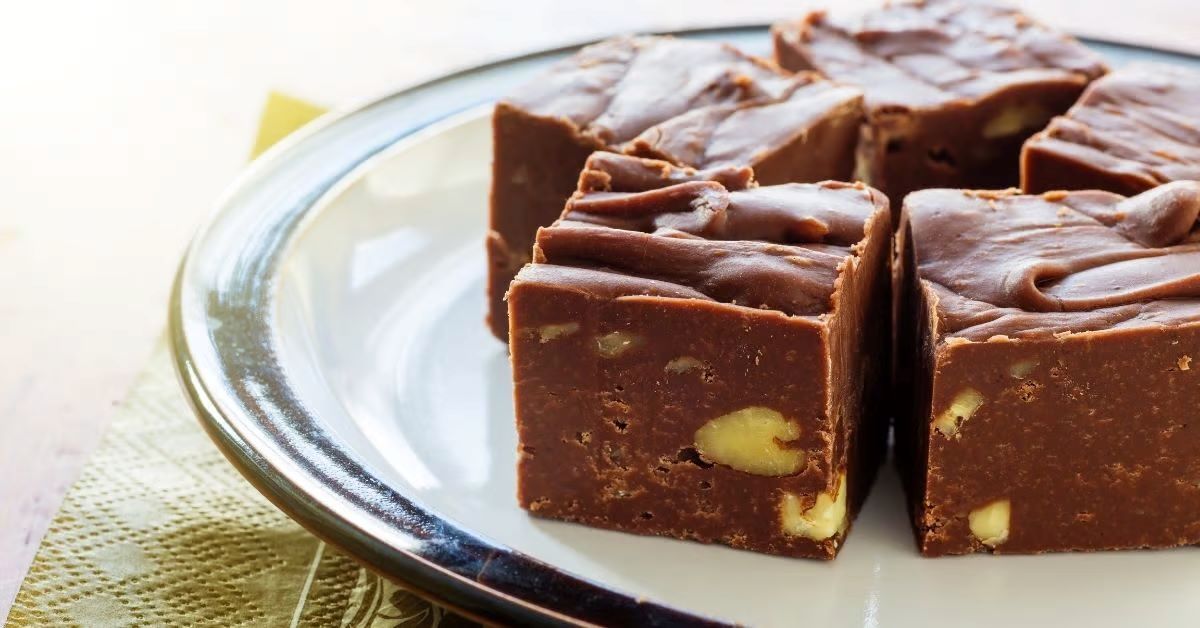
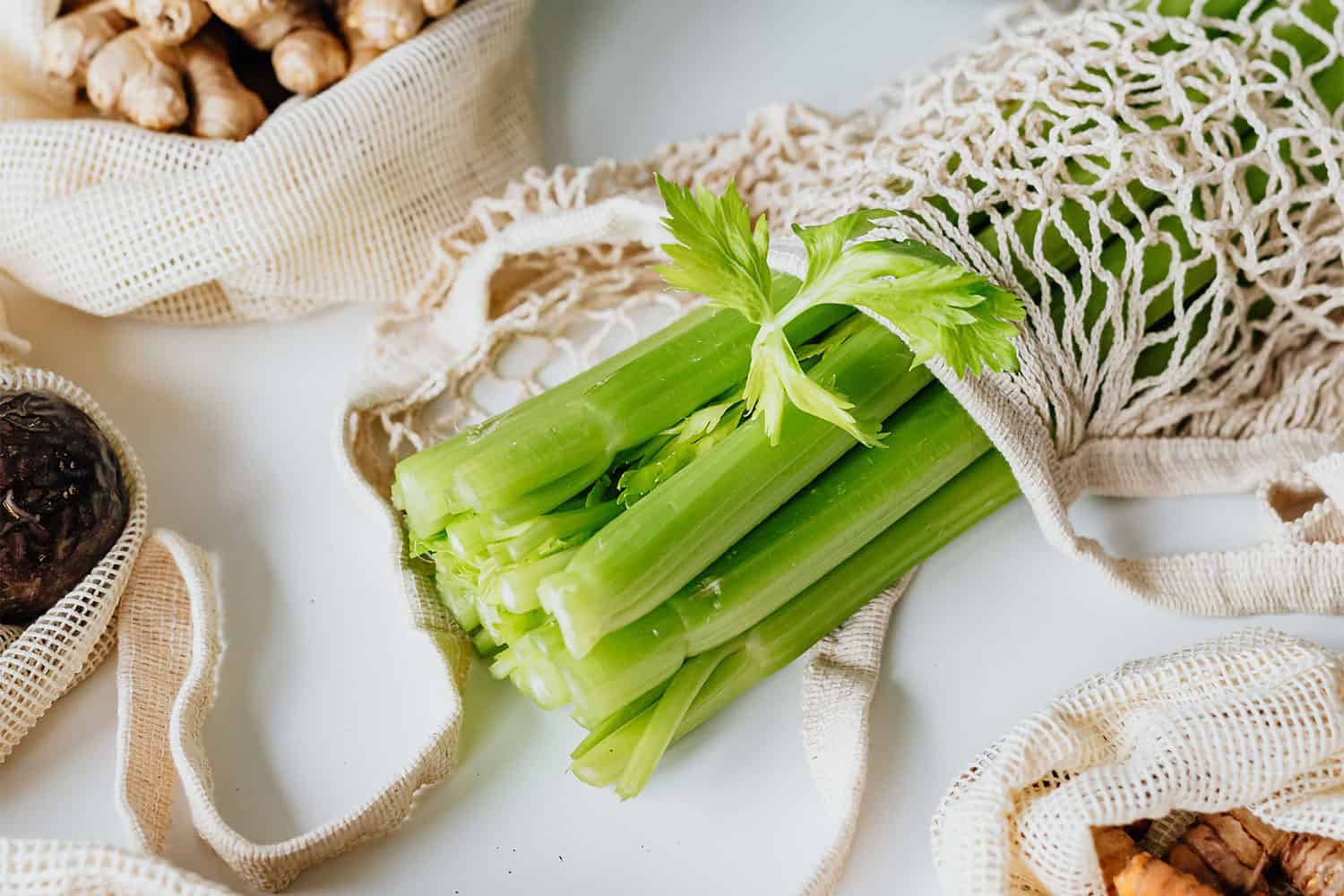
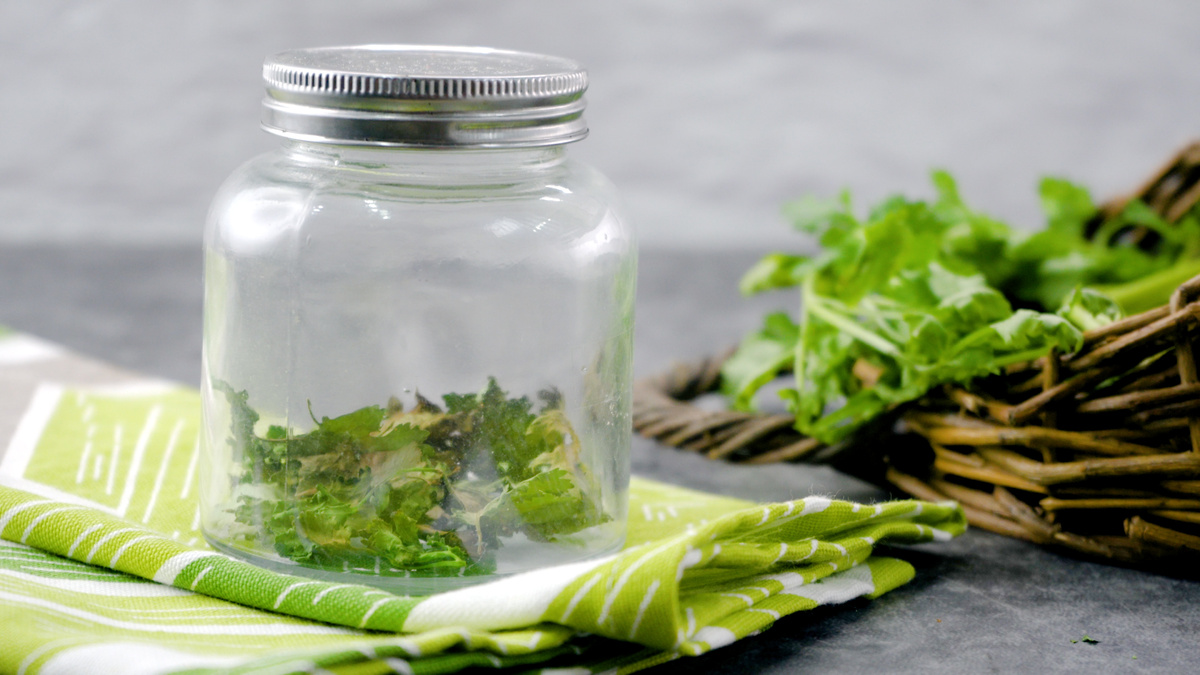
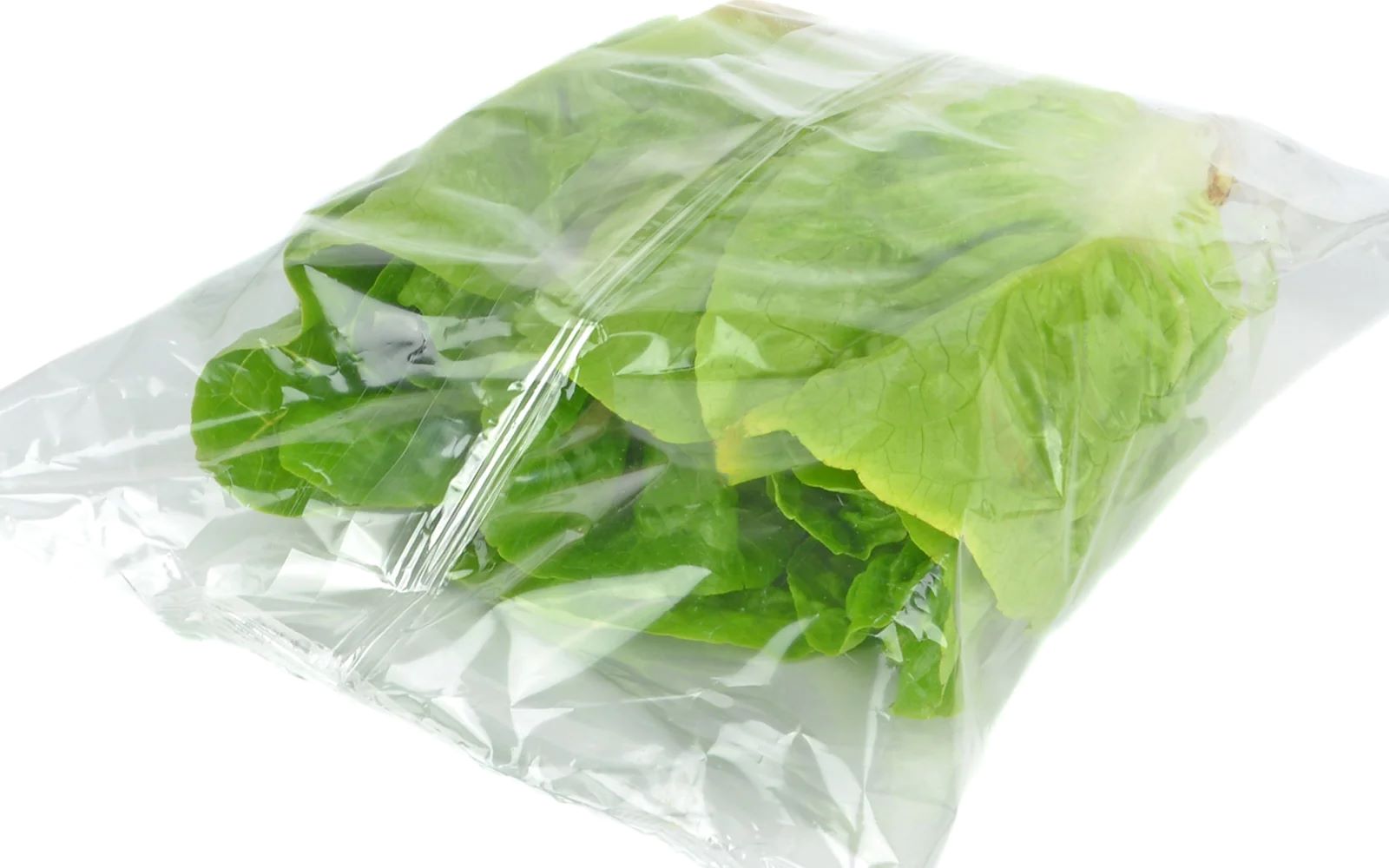
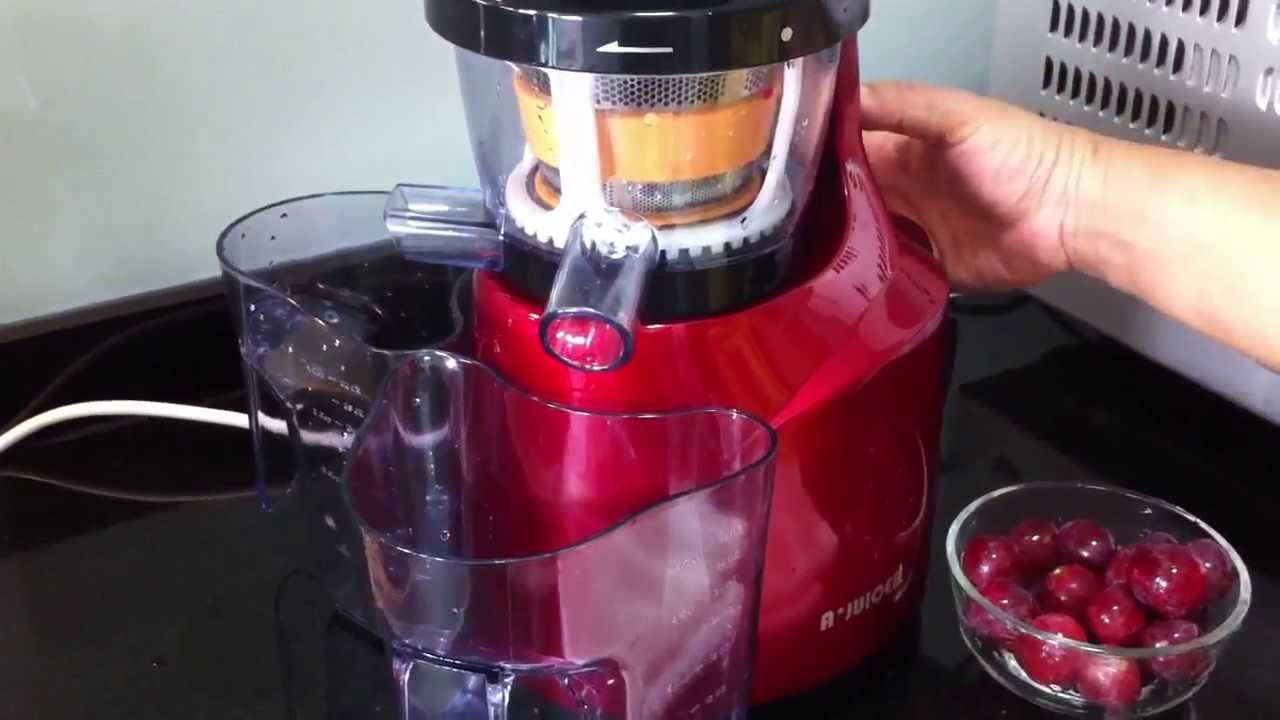

0 thoughts on “How To Store Grapes To Keep Them Fresh”